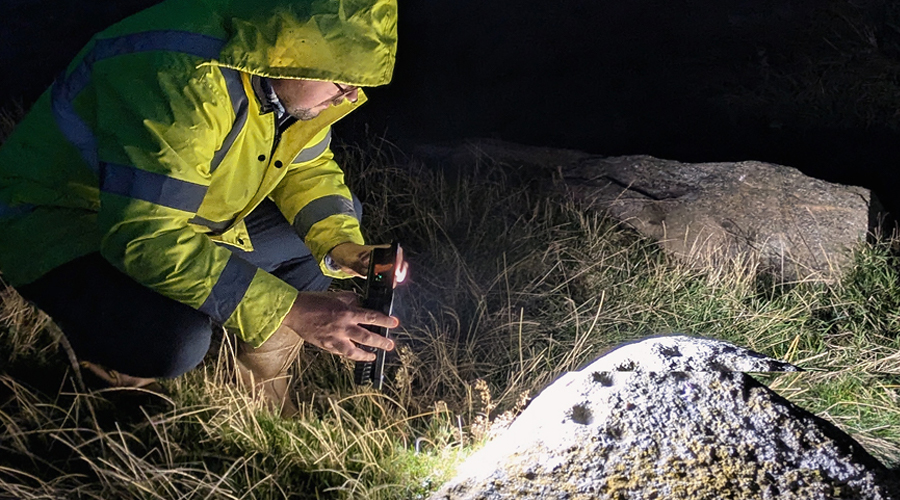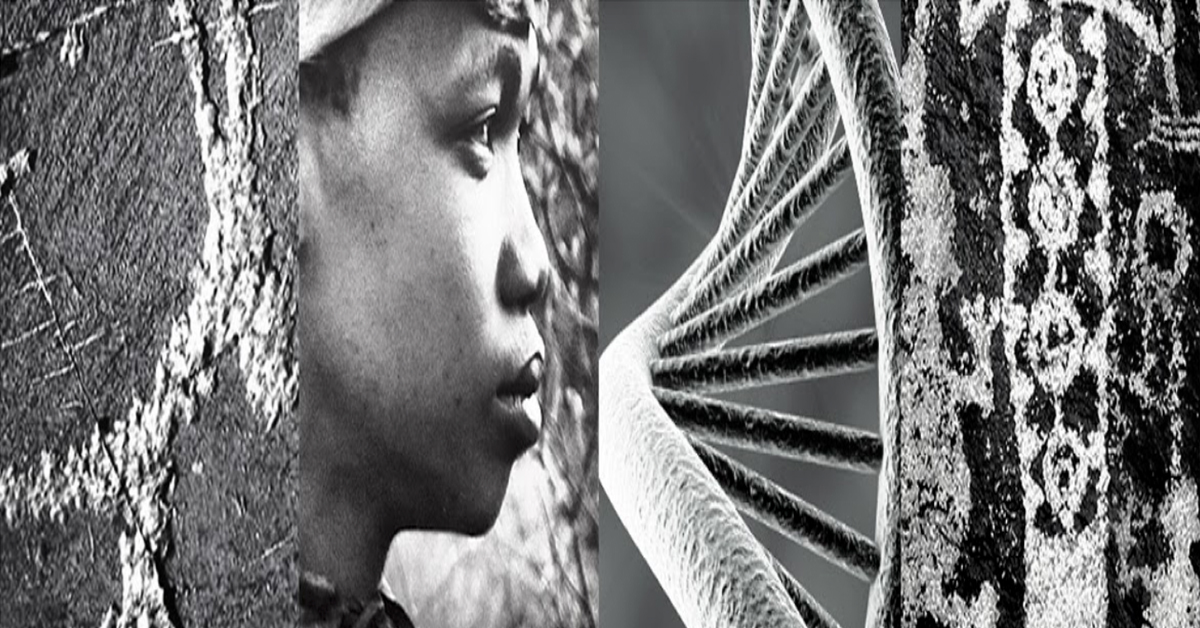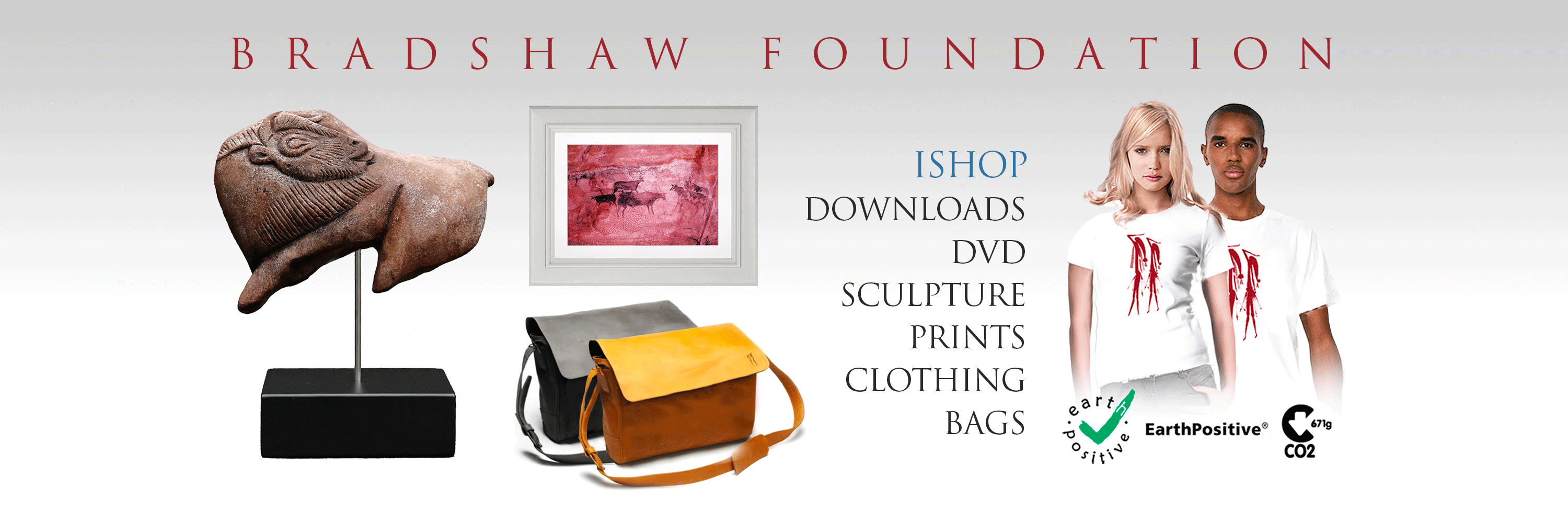

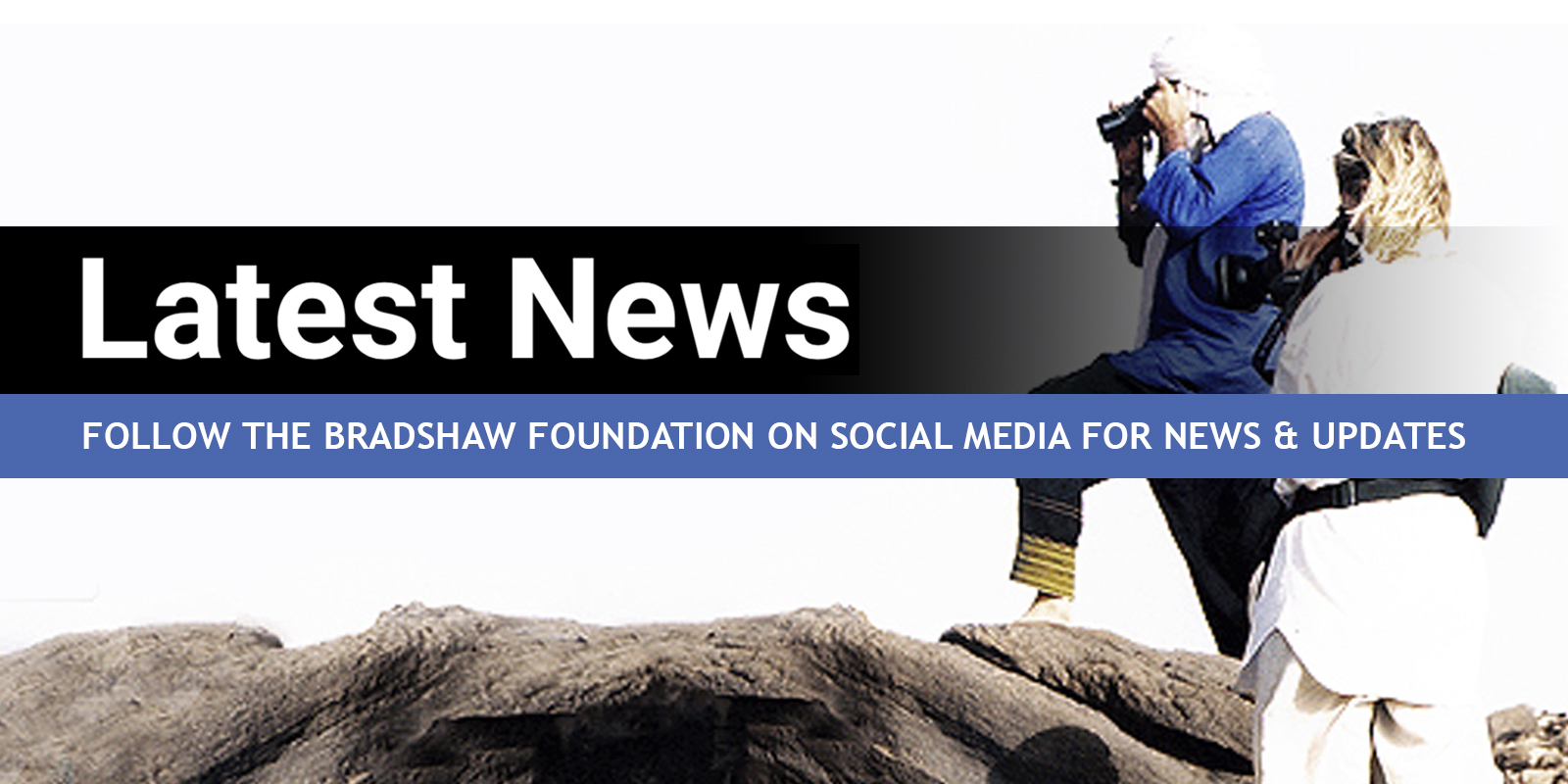
The National Geographic Society announced recently that world-renowned paleoanthropologist Lee Berger has been named a National Geographic Explorer in Residence.
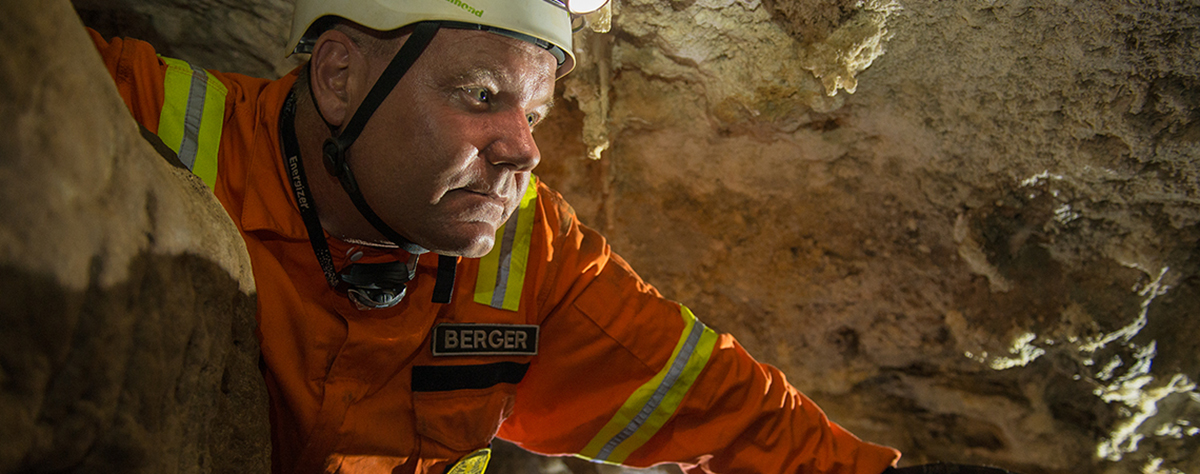
In this role, Lee will:
- Continue to serve as an ambassador for the Society and a mentor to members of the global Explorer community
- Lead a Society-funded program called Rising Star, named for the cave system where he and his team conduct their fieldwork
- Join the Society’s staff and bring much of his continued research in-house
The world-renowned paleoanthropologist has received funding from the Society for almost three decades and will continue his work to illuminate the origins of humanity. As Lee and his team continue their work with the Society’s support, they expect to publish several findings over the next year and beyond that will add to our knowledge of H. naledi.
Berger’s relationship with the Society began with his first grant in 1996 for the excavation and preservation of early Homo sapiens footprints at Saldanha Bay in South Africa, but he is best known for his work at the Cradle of Humankind World Heritage Site in South Africa. With support from the Society and Lyda Hill Philanthropies, his excavations there have led to some of the most significant scientific findings of the 21st century, including the finding and documentation of two previously unknown hominin species: Australopithecus sediba in 2008 at the Malapa site and Homo naledi in 2013 in the Rising Star cave system.
“I am proud of my long relationship with National Geographic and thankful for their consistent support,” said Berger. “The National Geographic Society has played a significant role in supporting scientists who strive to understand human origins. I see it as a natural home for me and my work, as we share a curiosity and passion for understanding the very roots of humanity. I am excited for what more we can accomplish together as I undertake this new role.”
As an Explorer in Residence, Berger will become a member of the Society’s staff and bring much of his scientific work in-house. He and his team will receive continued support for their research and exploration within the cave systems and fossil sites of southern Africa. They expect to publish several findings over the next year and beyond that will add to our knowledge of Homo naledi and human origins.
“Over the course of his career, Lee has been a defining figure in the field of paleoanthropology. From Australopithecus sediba to Homo naledi and his ongoing work today, he has made many significant findings that have furthered our understanding of human origins,” said Ian Miller, the Society’s Chief Science and Innovation Officer. “We’re so excited to have him join the Society as an Explorer in Residence and to bring his work closer to our organization, so that we might work together to improve our understanding of human evolution and share it with the world.”Berger became a National Geographic Explorer almost three decades ago with his first grant. In 2016, he received the Rolex National Geographic Explorer of the Year award in recognition of his groundbreaking work. Two years later, he was named an Explorer at Large, joining a cohort of luminaries and changemakers who lead groundbreaking work, serve as ambassadors for the Society, and mentor others in the global Explorer community. Berger will continue his long-standing relationship with the University of the Witwatersrand in South Africa as an Honorary Professor of the Institution.
“Lee’s work in South Africa to uncover lost remnants of human history has been vital to understanding the origins of humanity—and epitomizes how we help to illuminate the wonder of our world,” said Jill Tiefenthaler, the Society’s Chief Executive Officer. “The Society is proud to fund and support Lee as he helps to shine a light on humanity’s shared past, and we are thrilled to embark on this next chapter with Lee and his team.”
Click here for Lee Berger's work in the Rising Star cave system
by Bradshaw Foundation
Tuesday 21 March 2023
by Bradshaw Foundation
Tuesday 07 February 2023
by Bradshaw Foundation
Thursday 19 May 2022
by Bradshaw Foundation
Tuesday 19 October 2021
by Bradshaw Foundation
Friday 25 June 2021
by Bradshaw Foundation
Monday 09 November 2020
by Bradshaw Foundation
Tuesday 03 November 2020
by Bradshaw Foundation
Wednesday 28 October 2020
by Bradshaw Foundation
Tuesday 23 June 2020
by Bradshaw Foundation
Thursday 04 June 2020
by Bradshaw Foundation
Thursday 14 May 2020
by Bradshaw Foundation
Tuesday 12 May 2020
by Bradshaw Foundation
Wednesday 19 February 2020
by Bradshaw Foundation
Tuesday 21 January 2020
by Bradshaw Foundation
Monday 20 January 2020
by Bradshaw Foundation
Thursday 28 November 2019
by Bradshaw Foundation
Tuesday 21 March 2023
by Bradshaw Foundation
Tuesday 07 February 2023
by Bradshaw Foundation
Thursday 19 May 2022
by Bradshaw Foundation
Tuesday 19 October 2021
by Bradshaw Foundation
Friday 25 June 2021
by Bradshaw Foundation
Monday 09 November 2020
by Bradshaw Foundation
Tuesday 03 November 2020
by Bradshaw Foundation
Wednesday 28 October 2020
by Bradshaw Foundation
Tuesday 23 June 2020
by Bradshaw Foundation
Thursday 04 June 2020
by Bradshaw Foundation
Thursday 14 May 2020
by Bradshaw Foundation
Tuesday 12 May 2020
by Bradshaw Foundation
Wednesday 19 February 2020
by Bradshaw Foundation
Tuesday 21 January 2020
by Bradshaw Foundation
Monday 20 January 2020
by Bradshaw Foundation
Thursday 28 November 2019
Friend of the Foundation
